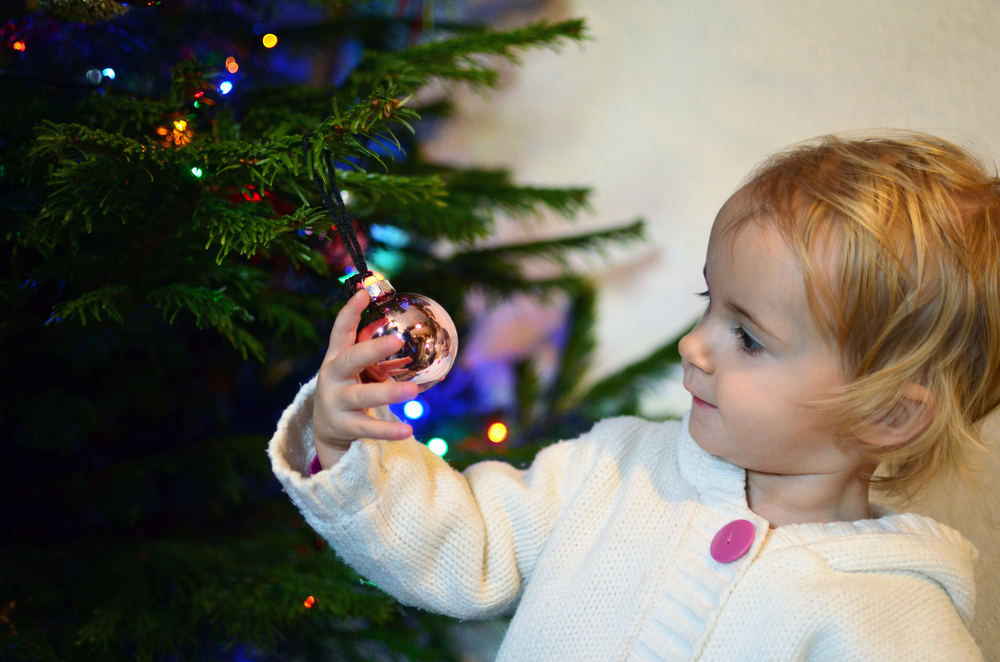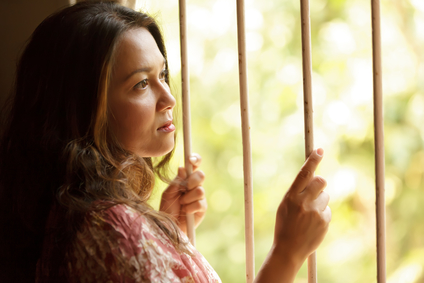As a parent, you likely want the holiday season to be merry and bright for your child. But many only children struggle during the holidays. Whether due to loneliness or strained relations with parents and relatives, only children may face difficulties during the winter break that those with siblings don’t.
School Breaks Cut Children Off from Time with Friends
Only children, even more than children with siblings, gain most of their social connections through friends and classmates at school. Often, an only child’s best friends are almost like replacement siblings – peers they can trust with personal secrets and to help them work through their feelings. In other cases, connections with teachers and role models at school can be important opportunities for your children to work through behavioral problems and recover their mental health.
Get Help For Your Only Child This Holiday Season
Talk to a psychotherapist today about helping only children cope with loneliness over the holidays.
But two-to-three-week-long winter breaks from school can strain your only child’s friendships and leave them feeling lonely and isolated. Unlike siblings, only children are often left alone in a house full of adults and asked to entertain themselves for days, sometimes weeks on end. Especially if your child’s friends are going away to visit relatives or spend time with their other parent, your child may find themselves with no one to talk to, and no way to express the isolation they are feeling.
As a parent, helping your only child through the holidays may mean finding intentional ways to keep your child connected with their friends over the break. This could mean scheduling play dates, allowing extra computer time so they can connect through online gaming, or even hosting a holiday party where your child can give their friends gifts, make holiday treats, or spend time in nature together. While proper supervision is important, especially for younger children, you also make sure your child has enough privacy to talk to their friends without feeling like their parent is eavesdropping.
Holiday Season Stress Strains the Parent-Child Relationship
That space is especially important because you, as a parent, are likely feeling stressed about the holiday season. Adults have to juggle a lot of demands on their time, finances, and personal boundaries around the holidays, and it can lead to short tempers and strained relationships. Your only child may become something of a lightning rod for stress that really has nothing to do with them. With so much for face-to-face time and so many fewer chances to get away and let off steam, both parent and child could struggle to stay on their best behavior. That can put a strain on your parent-child relationship.
In this case, the best way to help your child is to help yourself. By doing what you can to avoid and manage holiday stress, you can model good mental health practices for your child. You can also share what you are feeling with them and listen when they tell you about their own emotions. By working together, you can reduce the strain on your parent-child relationship caused by holiday stresses, rather than either of your intentional acts.
Adult Only-Children Face Guilt Over Time Away from Parents Through the Holidays
As children get older, your role as a parent changes. When only children “leave the nest” to go to college or start their own family, they may feel special pressure to come home for the holidays. It can be difficult for young adults to balance their own needs against expectations set by their parents. That means your child could come to resent visiting you on the holidays if doing so is expensive, emotionally difficult, or makes things harder for them at work or in school.
Here, flexibility is key. Remember that your only child does love you, even when they are far away. While they may not have the money to travel home for the holidays, or the time to see you on the holiday itself, you are still important to them. Brainstorm with them about other ways you can celebrate together such as:
- Visiting every other year instead of every year
- Shifting holiday parties off the day itself
- Gathering in different places that are convenient to different parts of the family
- Scheduling video calls when travel prohibits in-person celebrations
- Exchanging gifts by mail
- Baking “together apart” by working on two batches of your household’s favorite recipes
- Sharing family traditions like movies or songs
You can even develop long-distance family traditions, like exchanging personally written Christmas cards or sharing stories from your different celebrations.
Celebrating the holidays as an only child can sometimes mean feeling lonely, guilty, or stressed about relationships and their parents. But as a parent, you can do a lot to help your only child through the holidays. If you are struggling to develop a healthy holiday plan, or manage your own emotions around the holidays, working with a psychotherapist can help. By identifying stressors and developing coping mechanisms, a psychotherapist can help you set a good example to help your only child through the holidays.
David Stanislaw is a psychotherapist with over 30 years of experience. He helps children, teens and adults deal with isolation, loneliness, stress, and other psychiatric issues. Contact David Stanislaw to get help for your only child today.


 Common Treatments for Depression
Common Treatments for Depression Are Childhood Family Patterns Affecting Your Marriage?
Are Childhood Family Patterns Affecting Your Marriage? 7 Ways Therapy Can Make You a Better Parent
7 Ways Therapy Can Make You a Better Parent